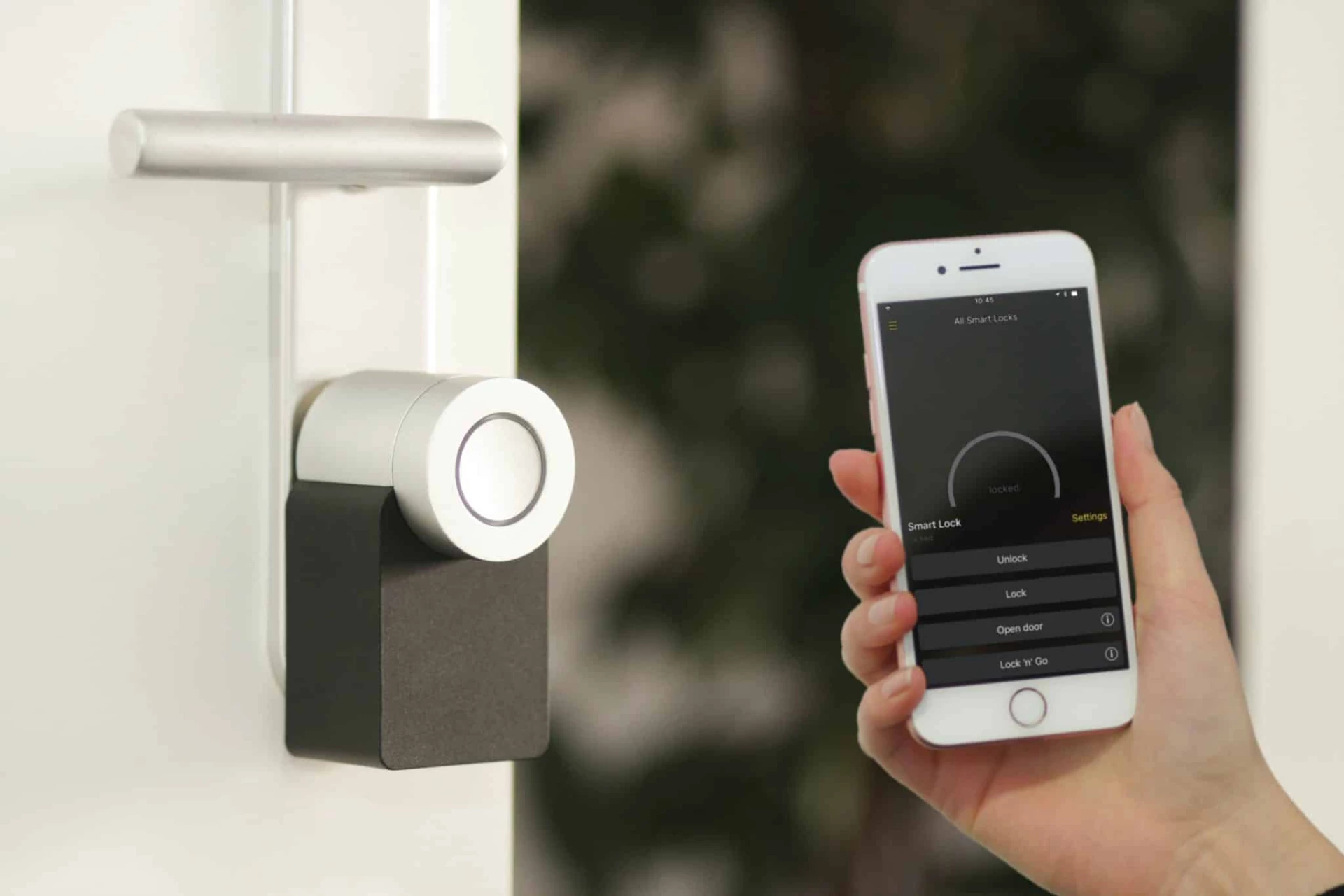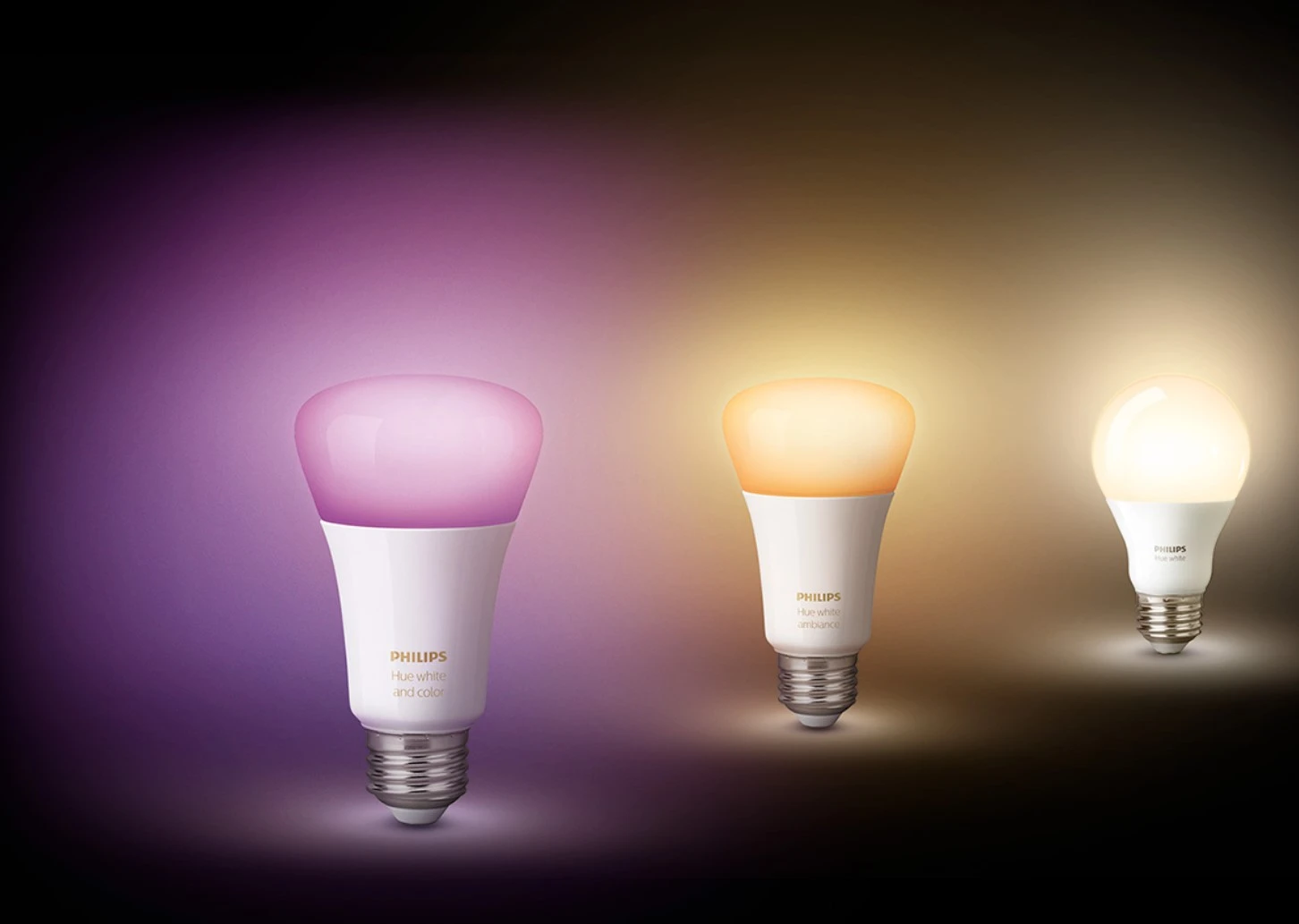Sensors are one key factor in IoT success, but these are not traditional types that simply convert physical variables into electrical signals. They have needed to evolve into something more sophisticated to perform a technically and economically feasible role within the IoT environment.
With the advancement of IoT, we have seen wonders in our surroundings like; smart garages, smart curtains and much more.
But what’s the connection between Smart Sensors & Intelligence? Let’s dig into Smart Sensor.
What is a smart sensor?
A smart sensor is a device that takes input from the physical environment and uses built-in compute resources to perform predefined operations upon detection of specific input and then process data before passing it on.
Smart sensors enable the more accurate and automated collection of environmental data with less faulty noise amongst the accurately recorded information. These devices are used for monitoring and control mechanisms in a wide variety of environments, including smart grids, battlefield reconnaissance, exploration and many scientific applications.
The smart sensor is also a critical and integral element in the internet of things (IoT), the increasingly prevalent environment in which almost anything imaginable can be outfitted with a unique identifier and the ability to transmit data over the internet or a similar network. One undertaking of smart sensors is as components of a wireless sensor and actuator network (WSAN) whose nodes can number in the thousands, each of which is connected with one or more other sensors and sensor hubs, as well as individual actuators.
A smart sensor might also include several other components besides the primary sensor. These components can include transducers, amplifiers, excitation control, analogue filters and compensation. It also includes software-defined elements that provide functions such as data conversion, digital processing and communication to external devices.
Smart Sensors have become a part of our Homes now, IoT advancements bring us these 8 types of Sensors;
Temperature Sensors & Smart Thermostats.
Light Sensors.
Motion Sensors.
Water Leak/Freeze Sensors.
Window and Door Sensors.
Video Doorbell.
Weather Sensors.
Smart Smoke and CO Sensors.
Now here is the question raised here, why do sensors need intelligence?
Smart sensors are far from a myth, it is already used in millions of devices (e.g. Your mobile phone might already contain several smart sensors).
And it all started with AI (Artificial Intelligence).
The machines themselves are not intelligent; they are controlled by the software, which is where the AI resides. This is just like the human body. The brain learns the task and tells the body how to do it. When one reads an instruction manual (the software), the brain (computer) learns and interprets the information, and guides the body (machine/hardware) to use tools or whatever is required to complete a task.
A decent functional definition of AI is electrical and mechanical systems capable of collecting data related to specific tasks, analyzing the data, making decisions and taking action based on the data and its analysis.
They are used in every area of technology from simple toys to highly complex systems. They are essential components, hardware if you will. And today every smart sensor solutions already support dynamic, real-time-optimized, and self-organized industry processes.
However, the white paper ‘Smart Sensors – enabling the Intelligent Internet of Things’ has discussed how the IoT world is enabled by smart sensors featured with low power consumption, wireless connectivity, security protections, and fusion techniques. Creators get the best advantages of new generation smart sensors to make intelligent IoT systems.
Well, the study on Smart Sensors & Intelligence is growing further, let’s see what sort of products we will be going to experience in the future.



